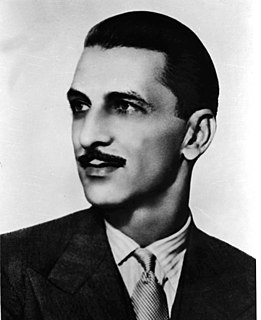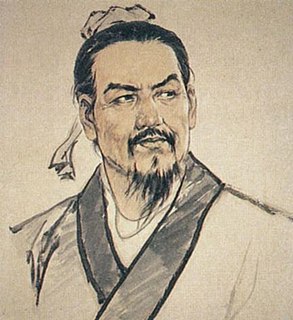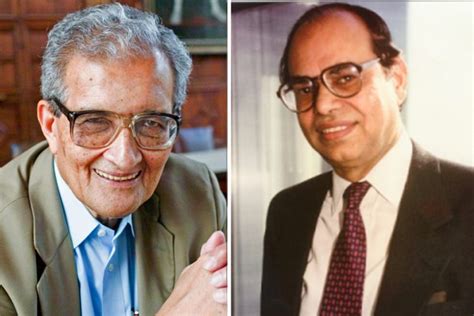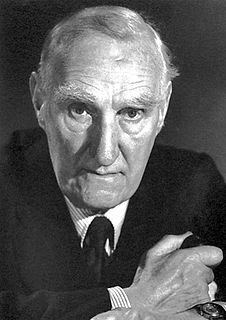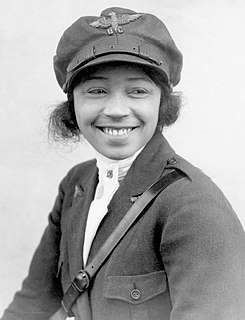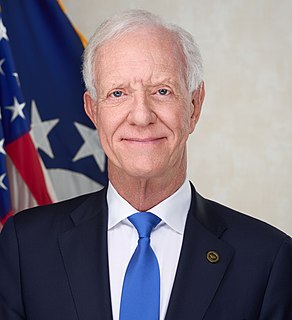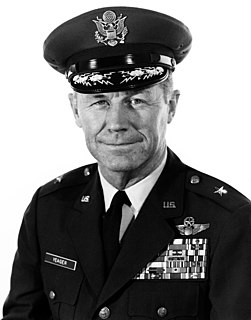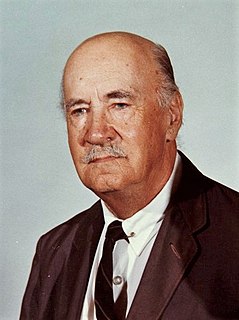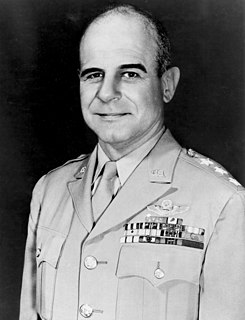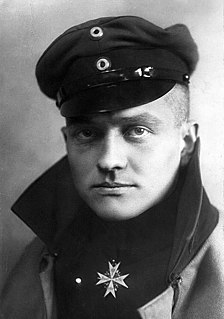A Quote by J. R. D. Tata
The wealth gathered by Jamsetji Tata and his sons in half a century of industrial pioneering formed but a minute fraction of the amount by which they enriched the nation. The whole of that wealth is held in trust for the people and used exclusively for their benefit. The cycle is thus complete; what came from the people has gone back to the people many times over.
Related Quotes
There's this Indian fellow who worked out a cycle like the idea of stone-age, bronze-age, only he did it on an Indian one. The cycle goes from nothing until now and 20th century and then on and right around the cycle until the people are really grooving and then just sinks back into ignorance until it gets back into the beginning again. So the 20th century is a fraction of that cycle, and how many of those cycles has it done yet? It's done as many as you think and all these times it's been through exactly the same things, and it'll be this again.
The distribution of wealth is even more unequal than that of income. ...The wealthiest 5% of American households held 54% of all wealth reported in the 1989 survey. Their share rose to 61% in 2010 and reached 63% in 2013. By contrast, the rest of those in the top half of the wealth distribution ?families that in 2013 had a net worth between $81,000 and $1.9 million ?held 43% of wealth in 1989 and only 36% in 2013.
Inequalities of wealth, unjustly established, have assuredly injured the nation in which they exist during their establishment; and, unjustly directed, they injure it yet more during their existence. But inequalities of wealth justly established, benefit the nation in the course of their establishment; and, nobly used, aid it yet more by their existence.
The early Rockefellers made their wealth from being in certain businesses and remained personally very wealthy. Tata's were different in the sense the future generations were not so wealthy. They were involved in the business but most of the family wealth was put into trust and most of the family did not in fact did not enjoy enormous wealth.
It was we, the people; not we, the white male citizens; nor yet we, the male citizens; but we, the whole people, who formed the Union. And we formed it, not to give the blessings of liberty, but to secure them; not to the half of ourselves and the half of our posterity, but to the whole people - women as well as men.
The man of wealth [should] consider all surplus revenues which come to him simply as trust funds, which he is called upon to administer to produce the most beneficial results for the community - the man of wealth thus becoming the mere trustee and agent for his poorer brethren, bringing to their service his superior wisdom, experience and ability to administer, doing for them better than that they would or could do for themselves.
The information revolution has changed people's perception of wealth. We originally said that land was wealth. Then we thought it was industrial production. Now we realize it's intellectual capital. The market is showing us that intellectual capital is far more important that money. This is a major change in the way the world works. the same thing that happened to the farmers during the Industrial Revolution is now happening to people in industry as we move into the information age.
The number one reason most people don't get what they want is that they don't know what they want. Rich people are totally clear that they want wealth. They are unwavering in their desire. They are fully committed to creating wealth. As long as it's legal, moral, and ethical, they will do whatever it takes to have wealth. Rich people do not send mixed messages to the universe. Poor people do.
